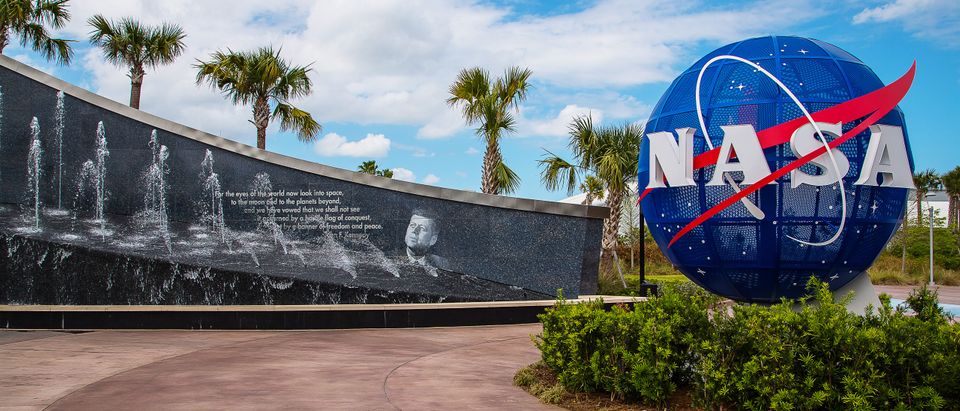Recently, former NASA Administrator Sean O’Keefe and former astronaut, NASA Chief Scientist and NASA Associate Administrator for Science John Grunsfeld published an op-ed in Florida Today that advanced the supposition that “Joe Biden is the best choice for space progress.” Unfortunately, aside from a few statements filled with platitudes, former Vice President Biden has not provided any evidence that the supposition has any basis in reality. Indeed, the near sum total of the argument was based on an alleged foreign policy expertise that Biden lacks.
Biden, as vice president, did not have any influence on President Barack Obama’s space policy. However, he is associated with that policy, which included the high handed and abrupt cancellation of President George W. Bush’s Constellation deep space exploration program. The cancellation without a sensible substitute delayed America’s space progress for almost a decade. Because the decision was taken without consultation with Congress, Mr. Obama destroyed the trust that his administration had with the legislative body on space matters, which inhibited acceptance of the one good space decision he undertook, the Commercial Crew program.
President Donald Trump, on the other hand, has undertaken a series of measures that have made him the greatest space president since John F. Kennedy.
Trump started the Artemis program, sending America back to the moon and eventually on to Mars. Artemis is to be undertaken with a number of international and commercial partners, leading to the establishment of a permanent outpost at the moon’s south pole.
The current president has also built on Obama’s Commercial Crew program by supporting measures that will encourage the economic development of space, including lunar and asteroid mining and space tourism. He has used the Commercial Crew model to acquire crewed lunar landers that will take the “first woman and the next man” to the moon’s surface by 2024.
Trump’s appointment of Jim Bridenstine as NASA Administrator has proven to be one of the most brilliant of his presidency. Despite being subjected to a contentious confirmation process, led by Florida’s former senior senator, Bill Nelson, Bridenstine has not only won over many of his former critics, he has forged international and commercial alliances to further America’s space effort. Despite having been a conservative Republican congressman, Bridenstine has pursued a relentlessly nonpartisan effort to sell the Artemis program on Capitol Hill.
Finally, recognizing the increasing importance of space for America’s national security, Trump has established a new branch of the United States military, the US Space Force. The Space Force’s mandate is to defend America’s space assets upon which the country’s economy and safety depend against enemy action.
The Trump Administration’s approach to space policy has recently been published by the White House.
In short, Mr. Biden has a tall mountain to climb if he means to prove that he is the better option to ensure that America has a future in space. Of course, some concrete steps are available to him should he decide to make space an issue in the presidential campaign.
Biden could make a speech expressing his thoughts about what specifically NASA’s space program would look like in his hypothetical presidency. He could offer support for the Artemis program, as the draft Democratic Platform does in the Investing in the Engines of Job Creation section. He can answer questions about how his administration would encourage commercial space development, how he regards national security aspects of space, and how much political capital and funding he is willing to expend to encourage progress in space.
One practical way that Mr. Biden can prove his space credibility is to use his influence as his party’s presumptive presidential nominee to urge House and Senate Democrats to support full funding of the Trump administration’s FY 2021 request for NASA funding. Thus far, House Democrats have offered a flat NASA budget, placing the goal of an American return to the moon by 2024 in jeopardy.
Absent any evidence to the contrary from Team Biden, the voter for whom an American space future is important must conclude that Donald Trump would be best suited for ensuring the future becomes reality.
Mark Whittington, who writes frequently about space and politics, has published a political study of space exploration entitled Why is It So Hard to Go Back to the Moon? as well as The Moon, Mars and Beyond. He blogs at Curmudgeons Corner. He is published in the Wall Street Journal, Forbes, The Hill, USA Today, the LA Times, and the Washington Post, among other venues.


